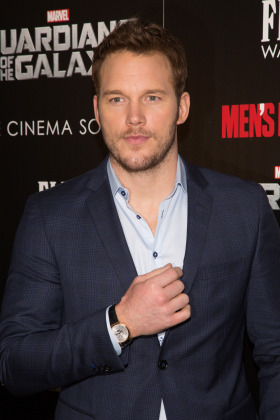Mark Wahlberg plays a gambler in major trouble in the remake of the 1974 film
+ READ ARTICLEMark Wahlberg has played a porn star, a fisherman and a Boston cop. With The Gambler, he adds gambling addict to the list. Directed by Rupert Wyatt, best known for 2011’s Rise of the Planet of the Apes, The Gambler offers a modern remake of the 1974 film of the same name, which starred James Caan. The original script was based on the experiences of screenwriter James Toback, and though the remake includes a new script by William Monahan, the narrative appears mostly unchanged. Wahlberg plays Jim Bennett, an English professor whose addiction has him pinned beneath the weight of his massive debt.
The expletive-laden Red Band trailer includes Jessica Lange as Bennett’s mother, Brie Larson as his girlfriend, and John Goodman as a loan shark. Martin Scorsese was originally attached to the project, with rumors of muse Leonardo DiCaprio starring, but Wyatt and Wahlberg picked it up when Scorsese left the project in 2012.
Though Wahlberg dropped 60 pounds for the role, he insists that his biggest challenge was playing a convincing professor, as the actor dropped out of high school and only recently completed his diploma online. “Being believable as a teacher was one of my greatest challenges and most rewarding,” he told USA Today. Of the role he played 40 years ago, which earned him a Golden Globe nomination, Caan said, “It’s not easy to make people care about a guy who steals from his mother to pay gambling debts.” Sounds like a welcome challenge for Wahlberg, and big shoes to fill at that. We’ll see whether Wahlberg manages to breathe new life into the character when the movie hits theaters on Dec. 19.









